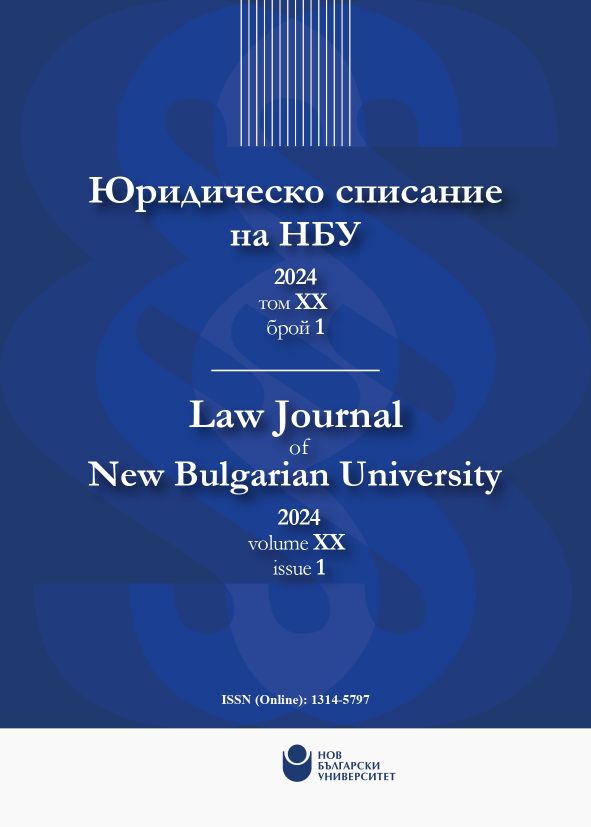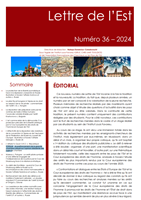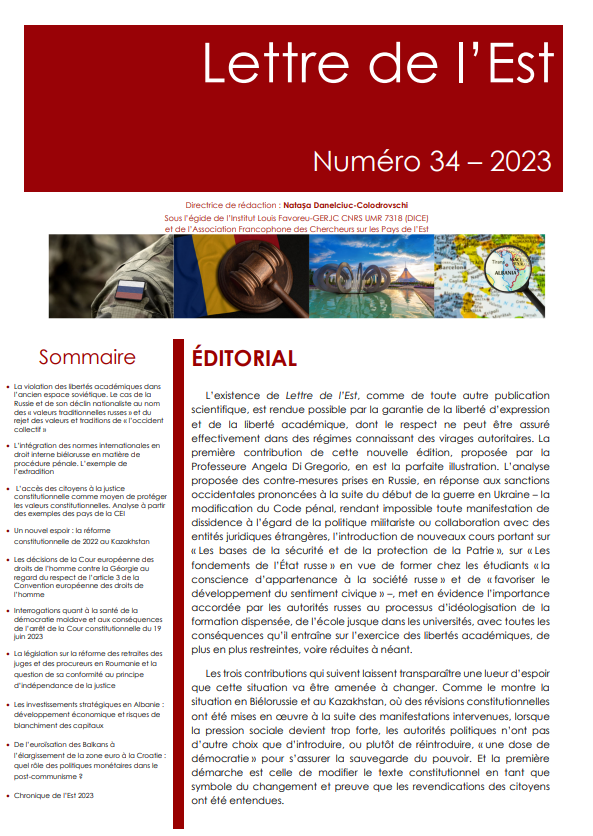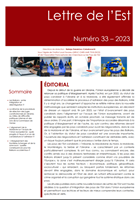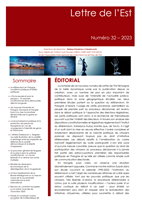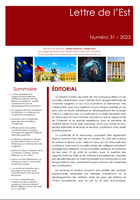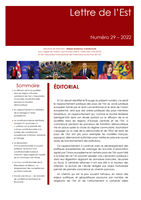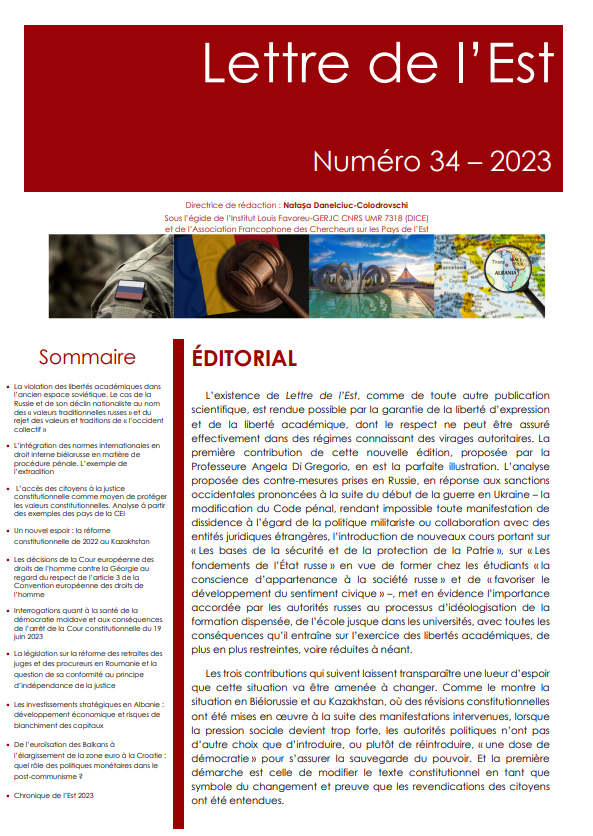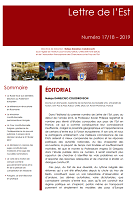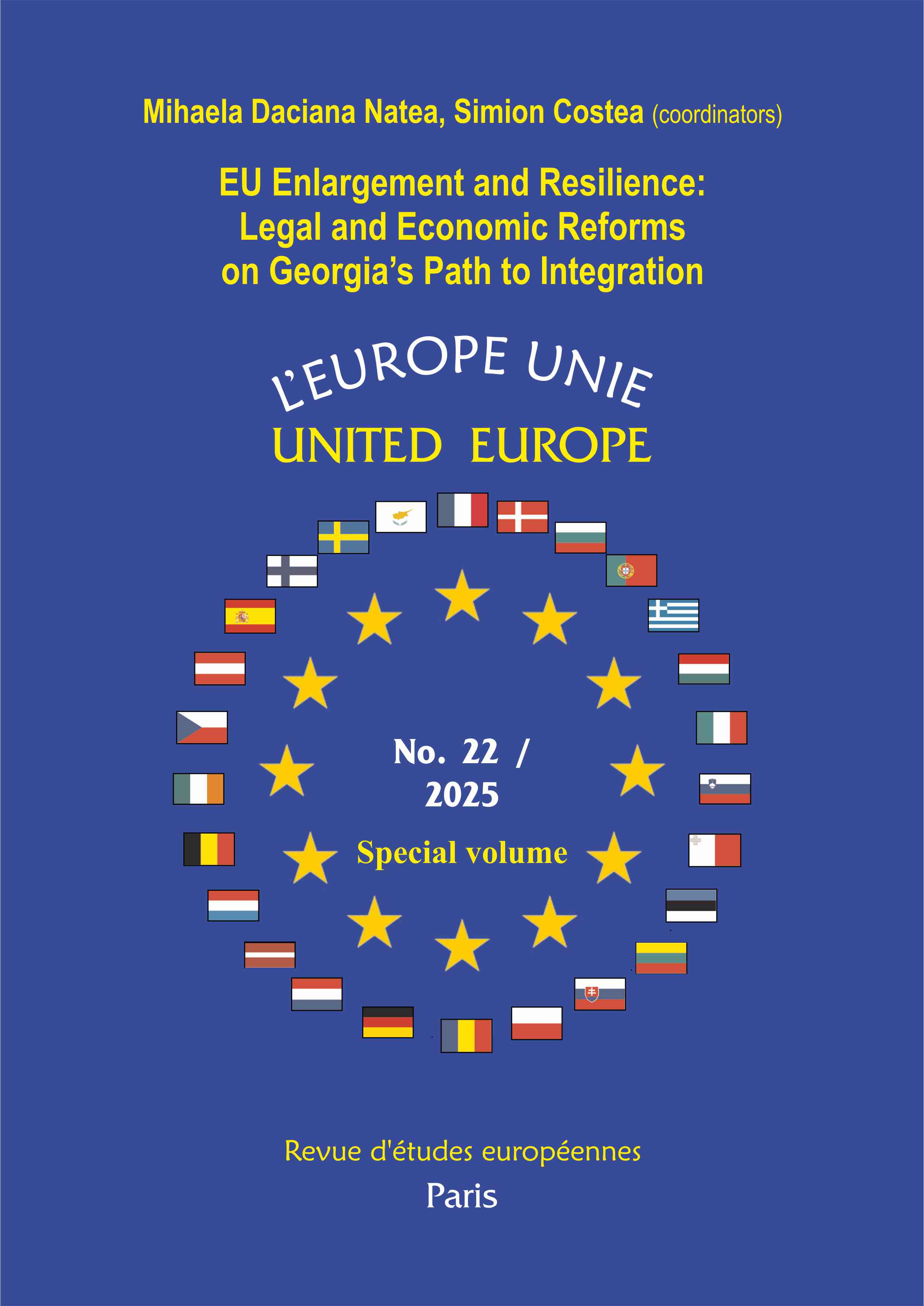
Legal and Practical Challenges in Safeguarding the Rights of Juvenile Witnesses
The right to a fair trial is the cornerstone of the rule of law, without which the democratic development of the country is impossible. The mentioned fundamental right is instrumental in equipping persons in conflict with the law with various important opportunities to protect themselves from unjustified interference in their rights by the state. A minor, as a legal subject, has the right to a fair trial and enjoys exactly the same legal guarantees as any other person in conflict with the law. However, a minor, in accordance with his development, needs special protection, so he cannot be treated in the same way as an adult. When children come into the justice system, the authorities must be guided by the "principle of the best/true interest of the juvenile". This article will address the legal and practical challenges in the field of realizing the right to protection of minors.
More...
